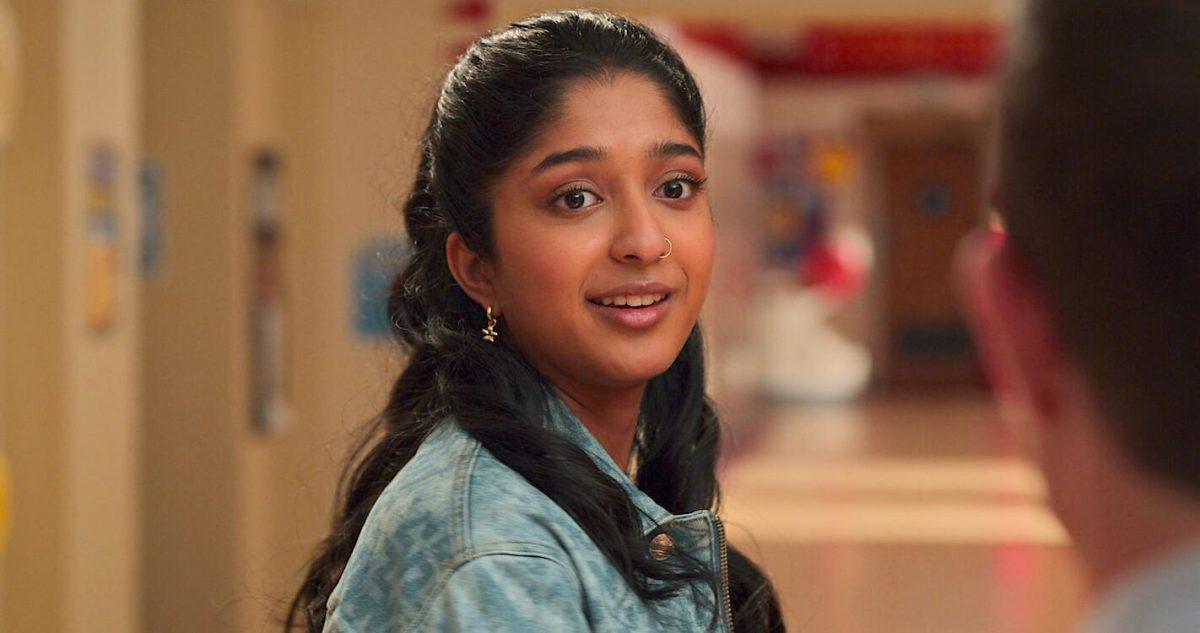We need more main characters like Devi Vishwakumar in our lives.
“Never Have I Ever” just finished its fourth and final season, and it was harder to say goodbye to than I would’ve thought. The show is funny and lighthearted, but that alone doesn’t warrant the emotions I felt when I was done following Devi’s journey.
The more I thought about it, the more I realized that it was because of how refreshing Devi was as a protagonist.
She made many mistakes that hurt her friends, family and significant others, but she grew throughout the series and allowed viewers to grow with her, which makes the ending feel like saying goodbye to one of your friends.
One of the most commendable things about “Never Have I Ever” is how grounded the characters are despite the outlandish nature of the show. The show balances relatability and whimsicalness well and depicts authentic romantic drama through Devi.
Devi’s love life is messy, and she doesn’t have a clear path in deciding who she’s meant to be with.
All four of her love interests play a vital role in her character development, and with her main love interests, Ben and Paxton, there wasn’t an obvious choice for who she needed to end up with. They’re both good for her in different ways, and they both helped her grow as a person.
The dynamic between romantic leads is only as solid as the leads’ personalities. Love triangles are one of the most hated tropes in media, but that’s only because most are done wrong.
Most of the time, the female protagonist being chased by two men is often just an indulgence that allows the consumer to put themselves in her shoes and choose whichever boy they prefer.
With Devi, she has a commanding personality that never really shifts depending on the boy she’s with. She forces the watcher to consider her in the relationship and not just which boy is more desirable to the audience. It raises the stakes of the romantic drama and enriches the show.
As well as romantic drama, the show has many heartwarming family scenes between Devi and her female relatives. It also thoughtfully depicts the grief of Devi’s father and how his impact affects Devi’s motivations and actions, and not always in a productive way.
One of the best things about Devi is that she is deeply flawed.
She hurts people she cares about because she can be very selfish, and she often acts without thinking. This nuance as a lead is refreshing because protagonists are usually even mannered in personality, and the crazy antics are left to the side characters.
The personality that “Crazy Devi” has is even more important when considering her Indian culture and the way Westerners can view Asian women as more docile. Devi flips all these stereotypes with her abrasive and impulsive hijinks.
She’s never afraid to go after what she wants, even if she makes a fool out of herself along the way.
As an audience, we could all learn from Devi. She took risks throughout the series, and although she wasn’t the most palatable protagonist, that makes her stand out among the crowd of cookie-cutter female leads.






